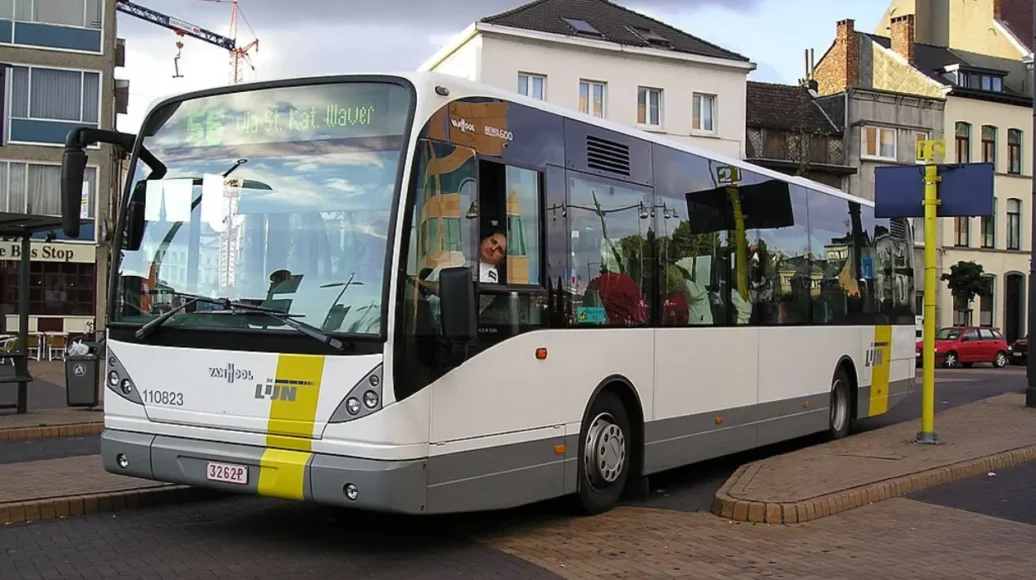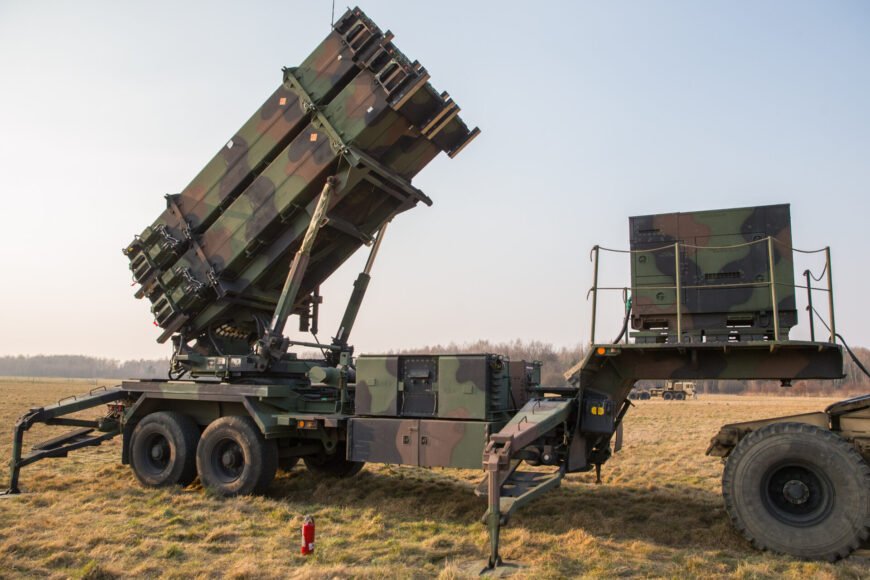
Leuven (Brussels Morning Newspaper) – Leuven’s self-driving bus service, led by De Lijn, WeRide, and Espaces-Mobilités, has been delayed to ensure safety. Buses carry 8 passengers on fixed routes at 40 km/h; Marco Demerling.
As VRT News reported, the launch of Leuven’s self-driving bus service has been delayed. Initially planned to begin in mid-November 2025, the pilot project will now start later to allow for additional testing and refinement of the autonomous vehicles. The initiative is a collaboration between Flemish public transportation company De Lijn, the City of Leuven, mobility consultancy firm Espaces-Mobilités, and technology provider WeRide.
“The existing software adapts well to Leuven’s urban traffic,”
says Marco Demerling, spokesperson for De Lin.
“But the autonomous shuttles need to complete sufficient test kilometres so that the onboard artificial intelligence (AI) is sufficiently trained for the situation in Leuven.”
What is causing the delay in Leuven’s self-driving bus pilot by De Lijn and WeRide?
De Lijn now hopes to carry the first passengers on Leuven’s self-driving buses by the end of December 2025. A new permit is required before the vehicles can transport passengers. This permit will make it mandatory for the safety driver to sit in the rear of the minibus, instead of at the wheel. Each autonomous vehicle can carry up to 8 passengers.
The self-driving minibuses will follow a fixed route through Leuven. They will start at Leuven station, pass through Maria-Theresiastraat and Naamsestraat, continue along Naamsesteenweg, and finish at Reeboklaan in Heverlee. De Lijn said this is a Belgian first. For the first time, autonomous vehicles will travel at normal city speeds, up to 40 kilometres per hour, in heavy traffic.
In 2021, the city of Kortrijk launched a pilot project with autonomous shuttles on public roads. The initiative was part of the European “AVENUE” project, which tested self-driving vehicles in real urban settings. The shuttles ran on a fixed route and offered free rides to passengers. A safety driver was present in every vehicle during the trial.
The project was a joint effort by the City of Kortrijk, the Flemish government, and technology partners. It helped prepare the ground for larger autonomous transport projects in Belgium, including the current Robobus pilot in Leuven.













Leave a Reply